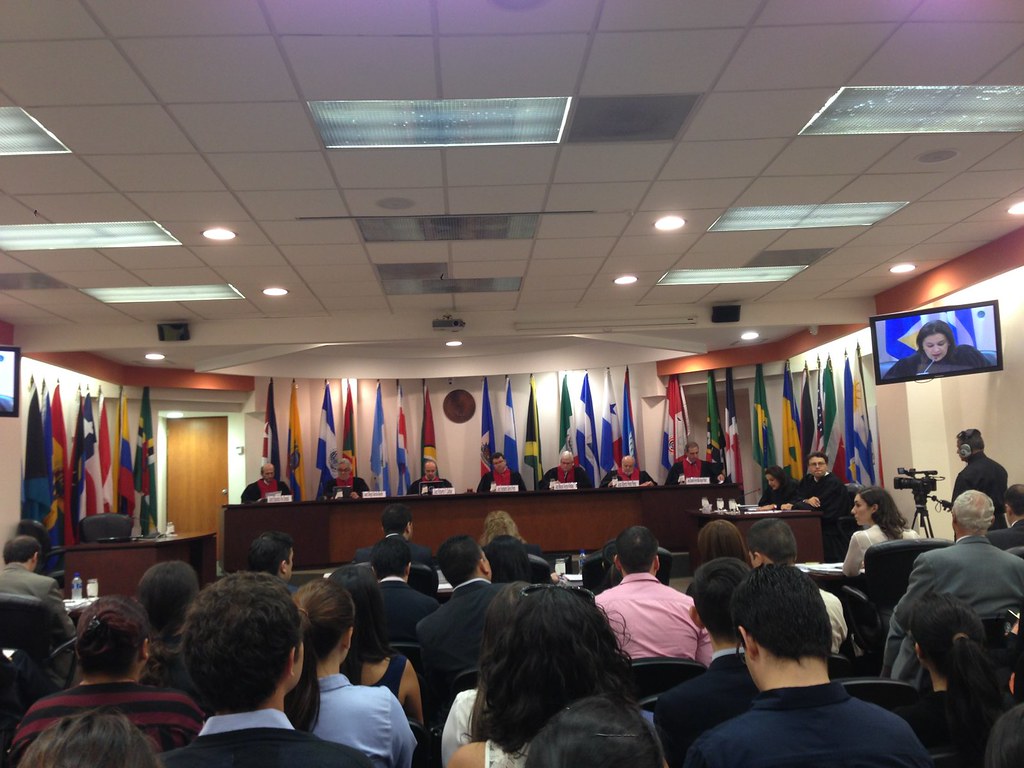
On 17 June, the Inter-American Court of Human Rights held a public hearing in which the Ecumenical Foundation for Development and Peace (Fedepaz) joined representatives of victims from the Barrios Alos and La Cantuta cases in requesting the court to halt the proceedings of a pro-impunity bill.
Bill 6951/2023-CR aims to prevent the prosecution, sentencing, or punishment for crimes against humanity or war crimes committed before 1 July 2002.
The bill has been approved in its first vote by Congress and is now awaiting a second legislative vote before being sent to the executive.
If successful, the bill would promote impunity in all cases from the armed conflict that occurred in Peru between 1980-2000, including the Barrios Altos and La Cantuta massacres.
Fedepaz spokesperson, David Velazco stated, "The initiative poses a risk to victims' right to justice... the Inter-American Court must adopt provisional measures ordering the Peruvian state to refrain from approving this bill or any similar regulation."
UN experts have warned that the legislation contravenes international standards on the application of statutes of limitations to atrocity crimes.
Bill 6951/2024-CR has been promoted by a caucus of far-right politicians and former high-level military officers.
Spokesperson for the Peruvian Association for Human Rights, Gloria Cano emphasized that if the bill is implemented "it will allow individuals convicted or under investigation for war crimes and crimes against humanity to evade justice."
On 13 June, the Inter-American Court ordered Peru to halt the proceedings of the bill until it had the necessary information to rule on the request for provisional measures, the order remains in effect.
